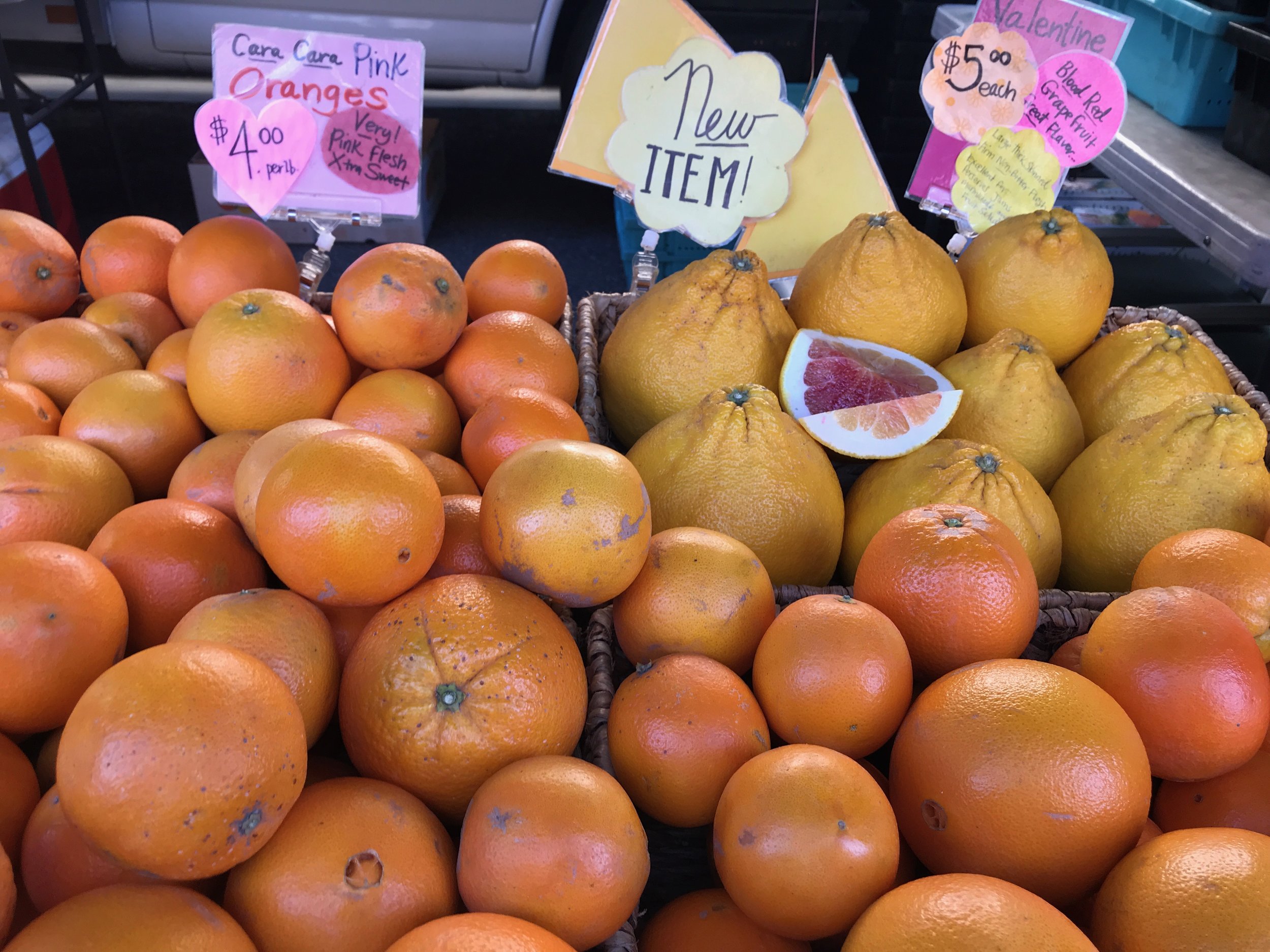Summer is the season of all things good
If I were to say the word bread to you, what comes to mind?
Do you hear crusts crackling as you tear into loaves, or do you visualise perfectly sliced loaves wrapped in plastic bags? Do you think of grandmothers and toasty kitchens, or of the first time you baked it yourself?
Over at CBC Radio here in Atlantic Canada, I was recently asked to write and produce a radio piece about bread, and so I wrote about the knowledge transmitted through bread. I wanted to write about bread as a form of cultural and culinary identity, agricultural foundation and 21st century balm to pandemic anxiety.
The piece is part of an ongoing summer series the CBC is producing in this region all about Atlantic Canadians’ relationship to bread, and I was more than happy to provide a bit of a foreword to it all. You can listen to it here.
Speaking of summer content and radio, I’m also about to start a weekly column over at Le Réveil, Nova Scotia and Newfoundland’s morning show on Radio-Canada. The series, called Plaisirs d’été, will be weekly looks into what is available in our gardens and our local farmers markets.
I also recently started a new column for Le Courier, Nova Scotia’s french language newspaper. Called Finis ton assiette (clean/finish your plate), it will be a continuation of the information presented on Radio-Canada, but with a bit more context as to the changing shape and nature of how and what Nova Scotians eat, with tips and guides on how to use the season’s bounty to the best of your ability.
Le Courrier was kind enough to let me start the column with a slightly more personal piece, where I talk about what it was like to talk about Acadian cuisine outside of Acadie, and how doing so led me to understand what it means to be Acadian while describing it to others through food.
Here’s to summer bounties.










